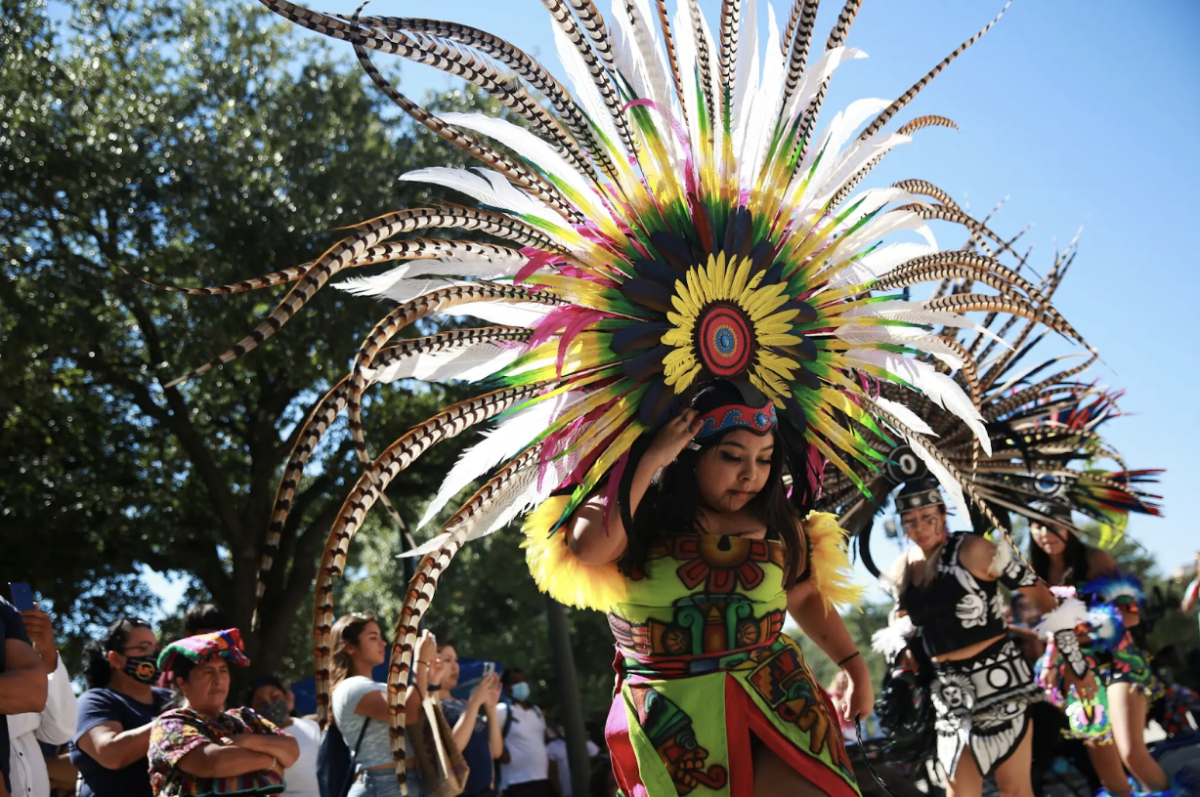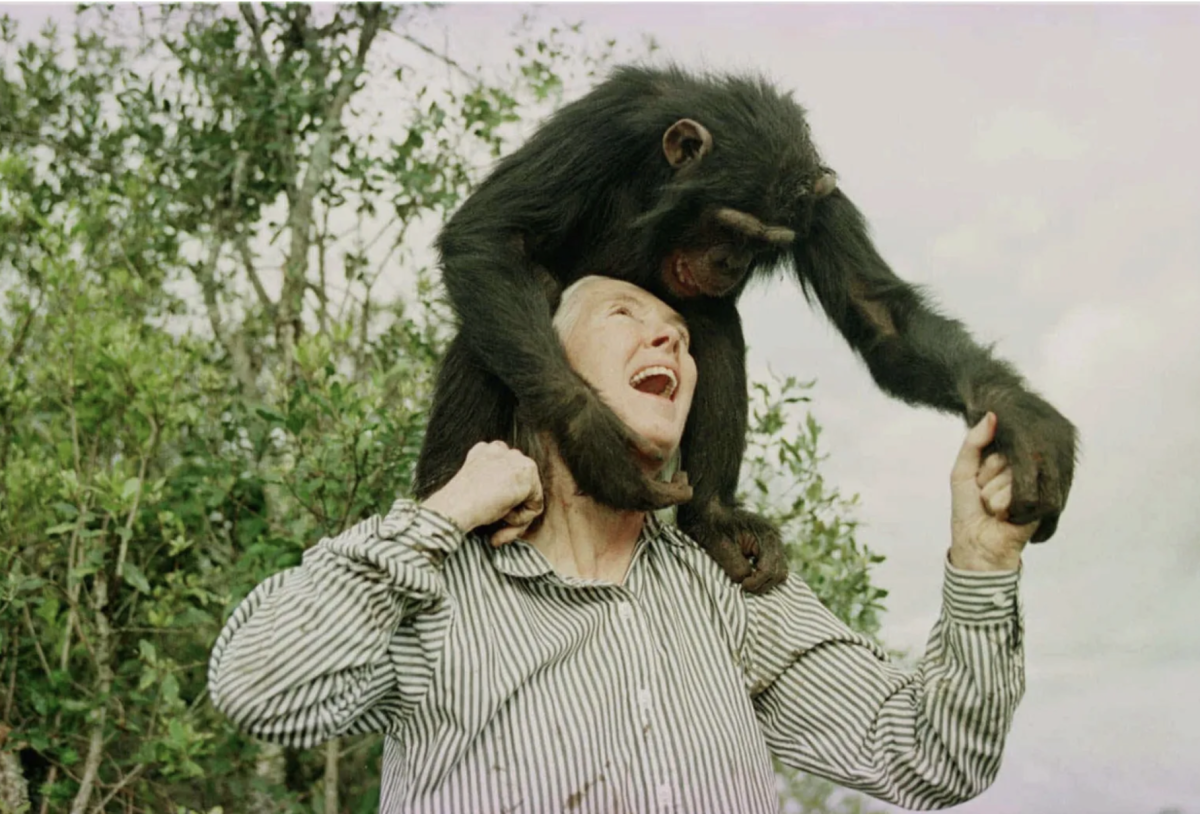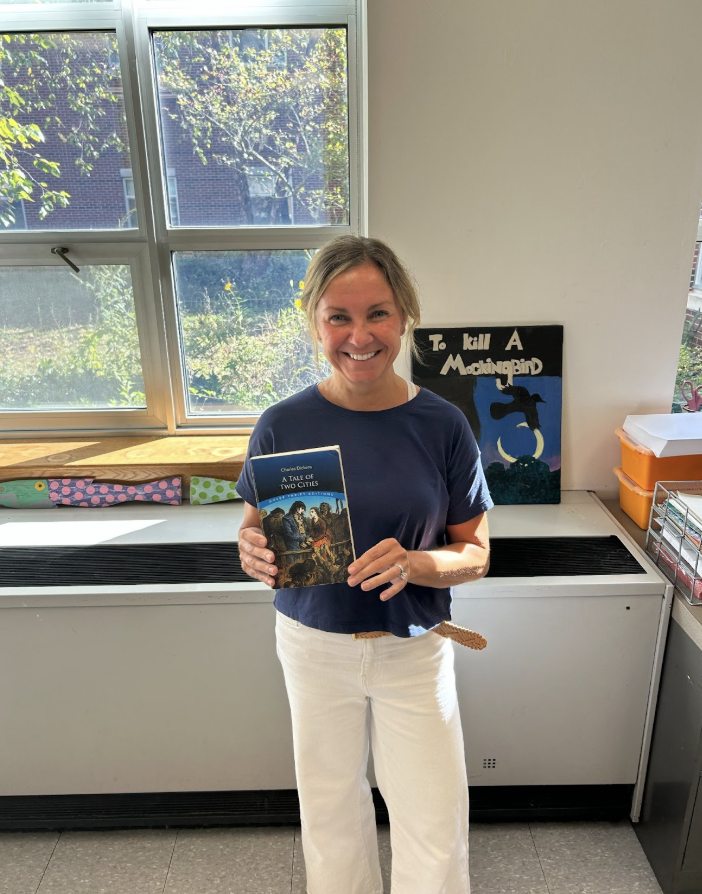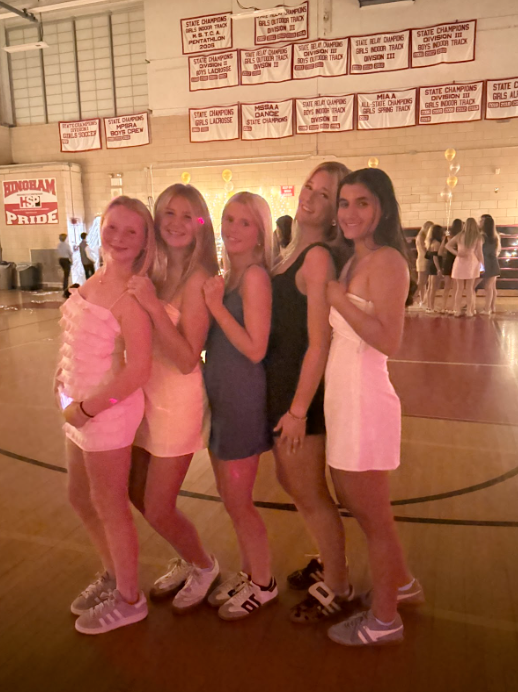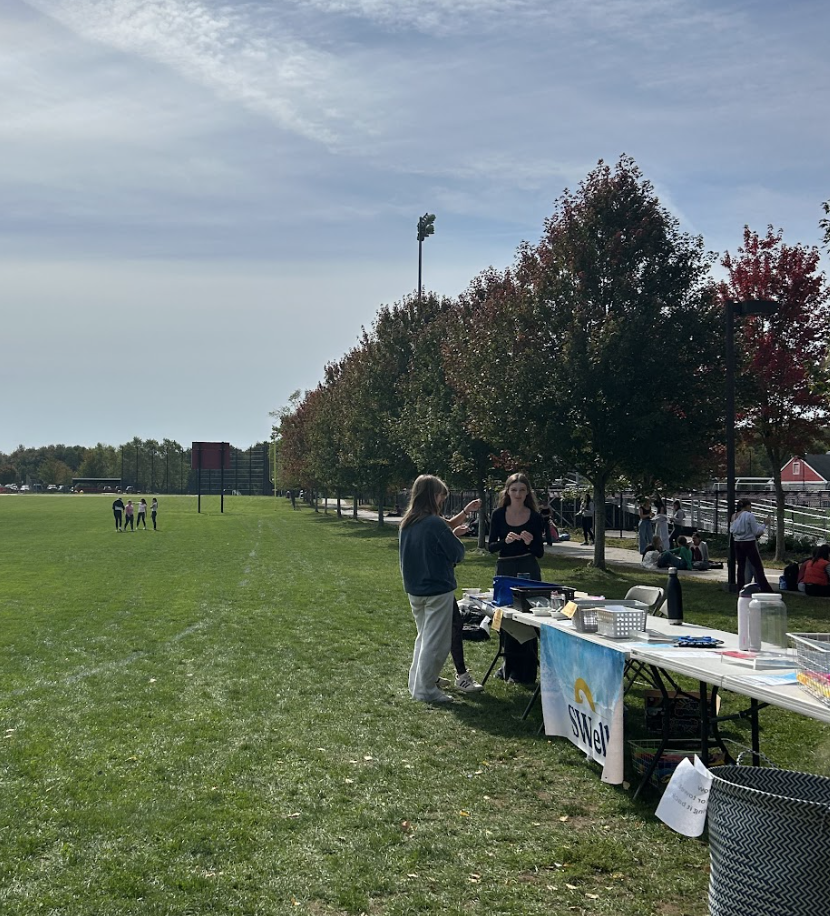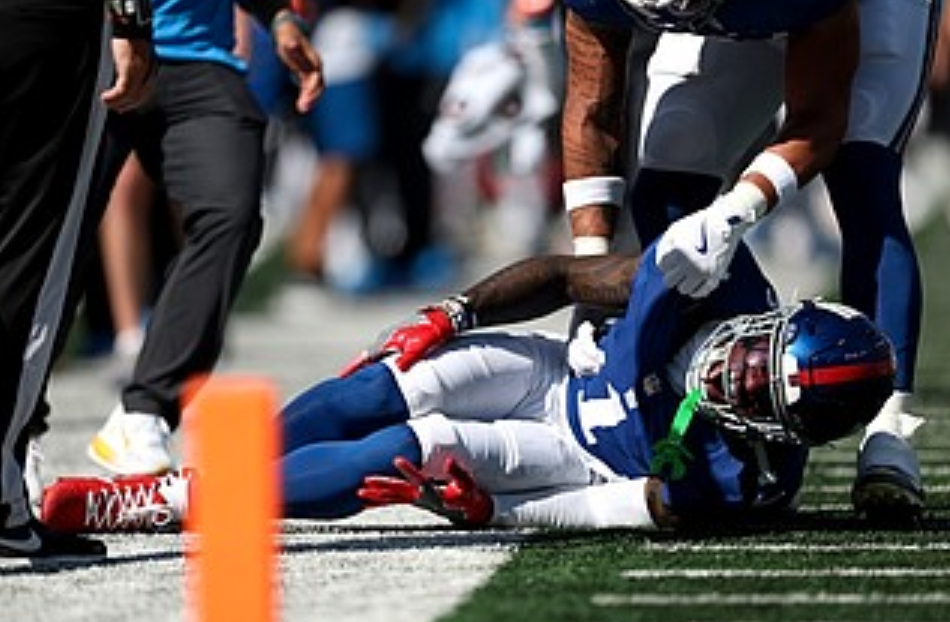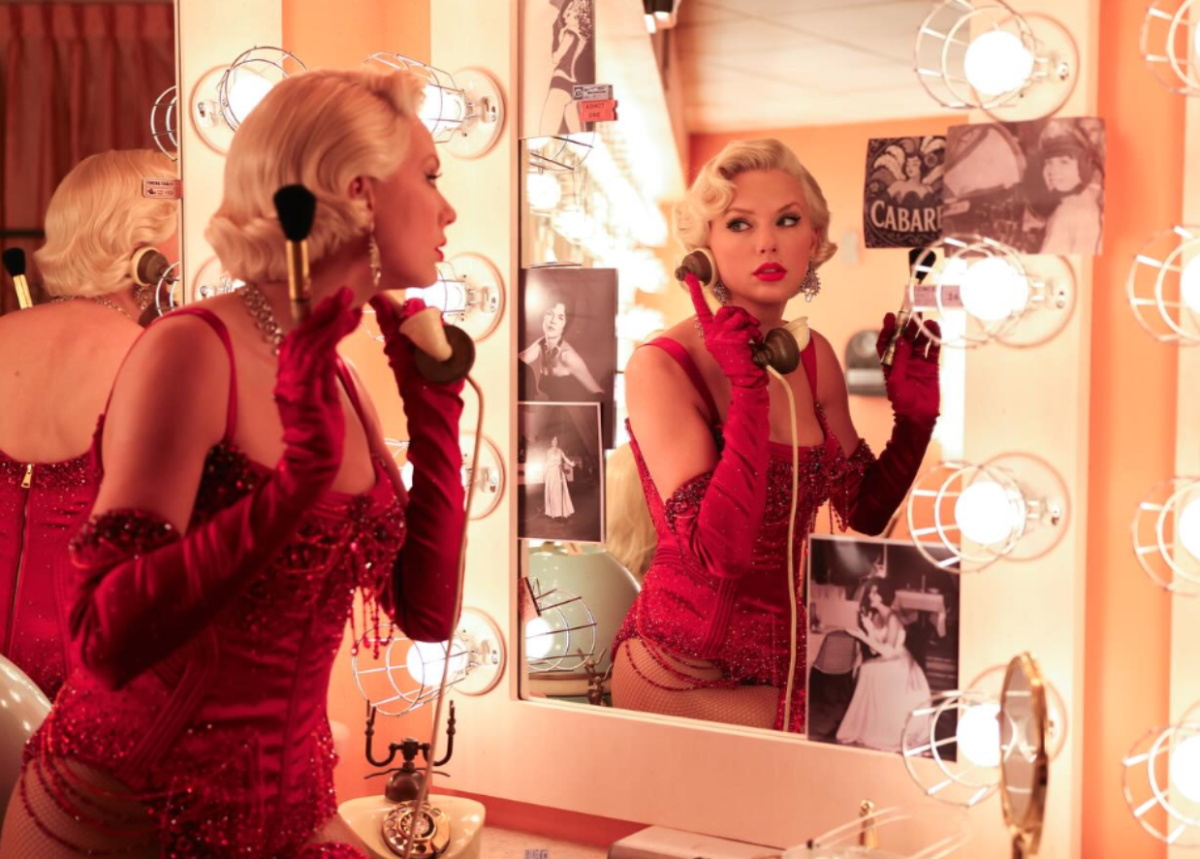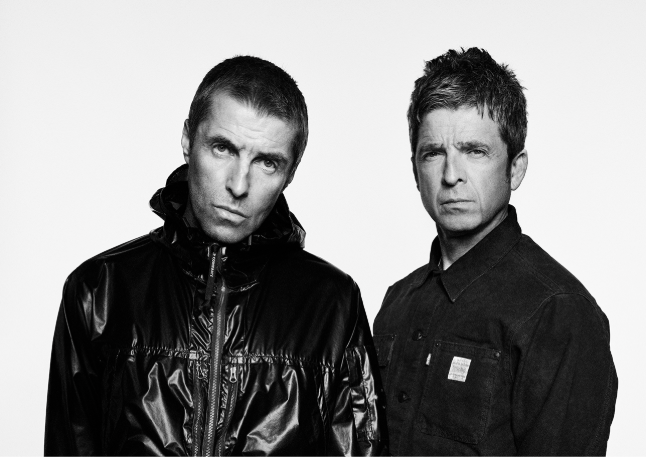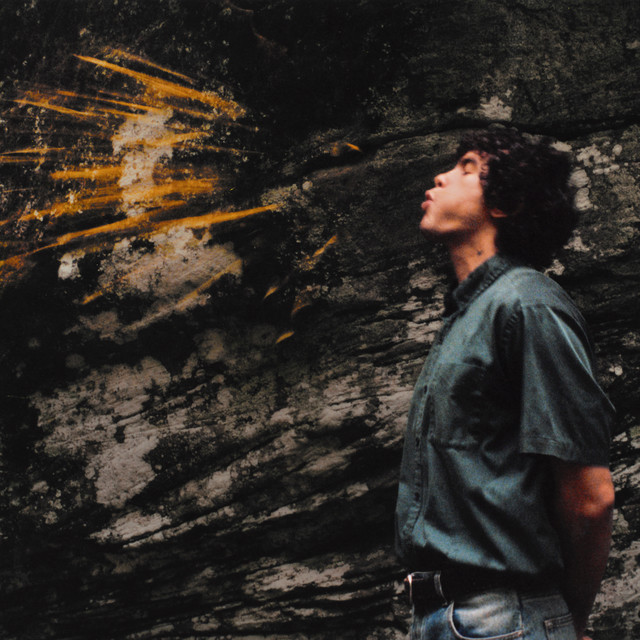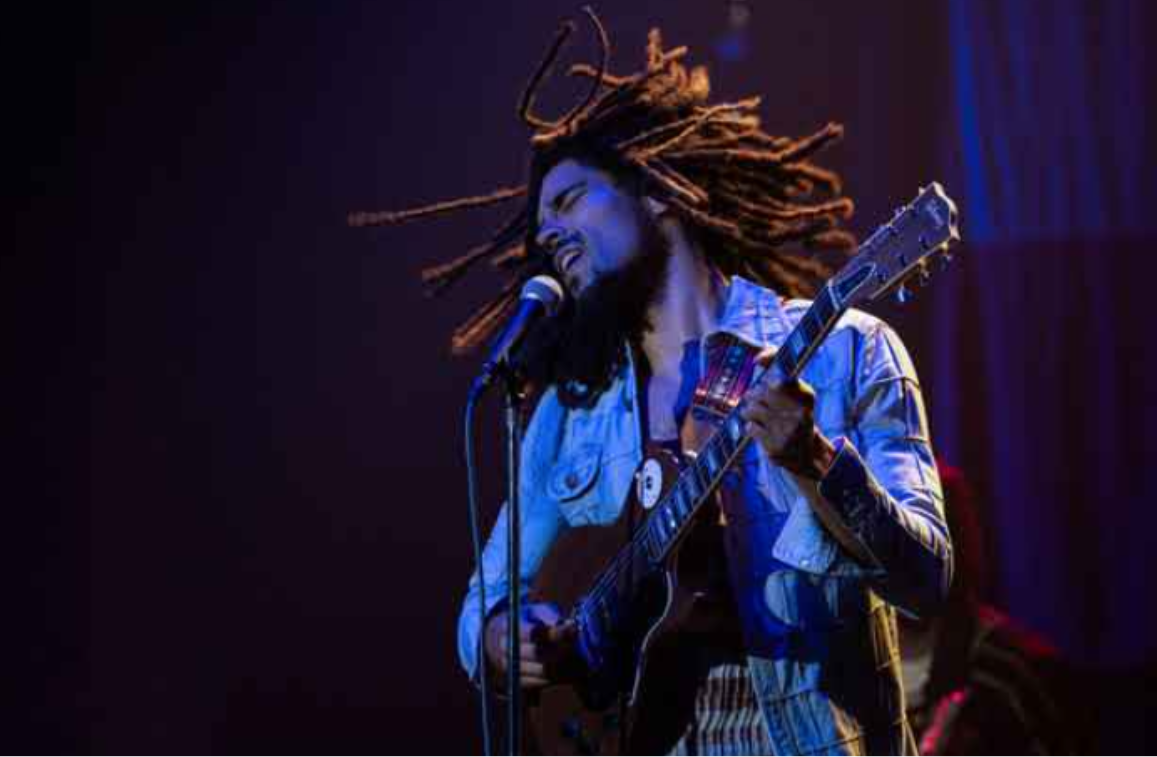When I saw Bob Marley: One Love the past week, I was immediately stricken by a feeling of connection to the film’s subject, the eponymous world-renowned Jamaican Rastafarian pioneer of Reggae music and icon of peace whose music lives rent-free in the minds of millions around the world. Despite my immediate lack of similarities with the musical titan that was Bob Marley, Bob Marley: One Love does, above all else, prioritize the characterization of its subject matter in a way that the viewer gets a full sense of who Bob Marley was as a real, ingeniously flawed human being whose music is only a fraction of the many loves that governed the actions of his life. From portraying his sweet, yet occasionally infidelity fraught and volatile relationship with his strong wife Rita, to his notable love of soccer (and the injury from the sport that led to his death) and his love of Rastafarianism as a way to find mentorship and pride in his blackness in the absence of his British father, the many strands of Bob Marley’s life separate and converge in beautiful vignettes that take place in the last five years of his life, while generally avoiding the tired “rise and fall” narrative most conventional biopics find themselves falling into these days.
Joe Andrews, a Junior at HHS who saw the film, stated, “I was especially struck by how I would periodically forget I was watching an actor playing Bob Marley, as everything about the film seemed to suggest otherwise: The acting, the costumes, and the story structure all came together to make me feel like I knew the guy, but a different version than who I thought I knew before I saw the movie.”
This originality extends beyond the general structure of the film as vignettes over the peak of Bob Marley’s fame with flashbacks to potent childhood experiences interspersed within, as everything from the performances (especially strong from Kingsley Ben-Adir (Bob Marley) and Lashana Lynch (Rita Marley) who fully embody the nuances of their characters from the accents to their distinct mannerisms) to the wardrobe of the characters feels authentic and not simply remixes of the protagonist’s most notable attire. Some recent biopics, such as Elvis (2022) do have a feeling of hyperstylization that falls into the flaw of drawing out the most iconic moments of a singer’s life, and dictating all of the moments in between off of the public’s interpretation of the figure, which only serves to support a reductive view of celebrities that nearly always fits the stale formula of “rise and fall” of the naive hero corrupted by his (or her) own success. One Love explicitly does not do this, giving as much time to iconic moments, such as Bob Marley’s 1976 peace concert, as it does to intimate scenes of Marley sitting around a campfire with fellow rastas or driving his children home after playing a game of soccer, to give a spiritual, true to Bob Marley feel that permeates throughout the film.
Chris Hoppe, a Junior at HHS commented how he appreciated the end of the film, stating “I liked how they ended it on a happy note. Bob Marley would have probably wanted that way. If they showed him on his deathbed instead of happily in Jamaica at a concert, I’m sure it would have soured audiences and lost a bit of the authenticity of the film. Besides, there are so many biopics that end that way, it’s the guy who said “Don’t worry about a thing” after all! He wouldn’t want us to remember him at his worst, he would want us to remember him at his best, and move on because, as he said “Every little thing is gonna be alright”.”
Although Bob Marley died over forty years ago, the movie was a great reminder that his optimistic, loving, peaceful spirit lives on, as long as people continue to listen to his songs and pass them down as hopes for peace in an often harsh world.

